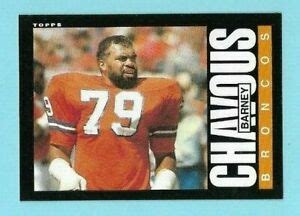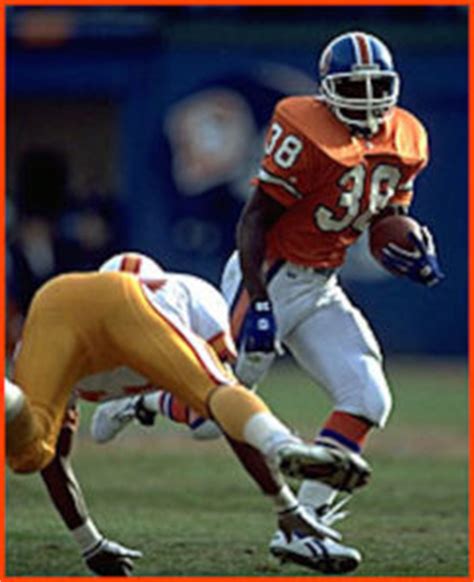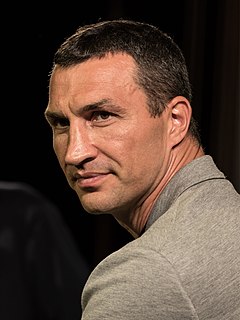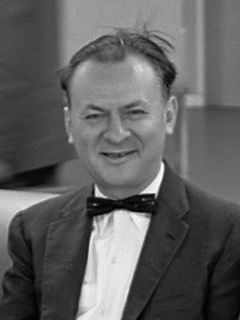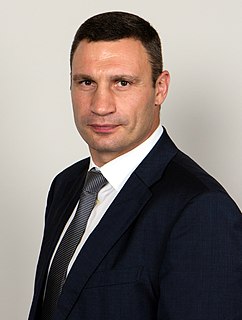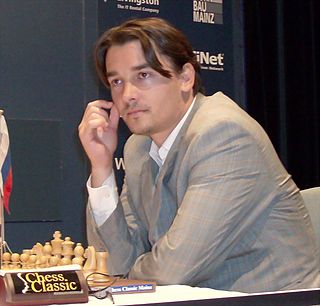A Quote by Barney Chavous
Chess is a very positive way to exercise your mind. It makes you look at the whole picture...what are your options and what is the best thing to do? In football, you are mostly reacting from a defensive point of view...but you always want to be counterattacking...a similarity with chess strategy. Chess and offensive football are quite similar; you sacrifice something now to get something back later.
Related Quotes
"Chess has definitely helped me understand a lot of the strategy of football. In chess, good offense is often an exercise in putting multiple points of pressure on one square. In football, offensive play design (particularly passes) involves putting multiple points of pressure on one player." "In chess, you often give your opponent a move that looks strong for him, but it turns into a trap. Football is the same way. I've always thought of defense in football as being totally reactive. But now I understand the ways in which football defenses force the offense to make certain choices."
I love chess, and I didn't invent Fischerandom chess to destroy chess. I invented Fischerandom chess to keep chess going. Because I consider the old chess is dying, it really is dead. A lot of people have come up with other rules of chess-type games, with 10x8 boards, new pieces, and all kinds of things. I'm really not interested in that. I want to keep the old chess flavor. I want to keep the old chess game. But just making a change so the starting positions are mixed, so it's not degenerated down to memorisation and prearrangement like it is today.
But the thing that was great about Capablanca was that he really spoke his mind, he said what he believed was true, he said what he felt. He [Capablanca] wanted to change the rules [of chess] already, back in the twenties, because he said chess was getting played out. He was right. Now chess is completely dead. It is all just memorisation and prearrangement. It's a terrible game now. Very uncreative.
Combinations have always been the most intriguing aspect of Chess. The masters look for them, the public applauds them, the critics praise them. It is because combinations are possible that Chess is more than a lifeless mathematical exercise. They are the poetry of the game; they are to Chess what melody is to music. They represent the triumph of mind over matter
I used to play a lot of chess and competitive chess and study chess and as you get to the grandmasters and learn their styles when you start copying their games like the way they express themselves through... The way Kasparov or Bobby Fischer expresses themselves through a game of chess is it's astonishing. You can show a chess master one of their games and they'll say "Yeah, that is done by that player."
Chess is similar to boxing. You need to develop a strategy, and you need to think two or three steps ahead about what your opponent is doing. You have to be smart. But what’s the difference between chess and boxing? In chess, nobody is an expert, but everybody plays. In boxing everybody is an expert, but nobody fights.
I started playing chess when I was about 4 or 5 years old. It is very good for children to learn to play chess, because it helps them to develop their mental abilities. It also helps to consolidate a person's character, because as it happens both in life and in a chess game we have to make decisions constantly. In chess there is no luck and no excuses: everything is in your hands.
Fischer was a good kid but very unsophisticated about anything but chess. It was all chess for him, every waking moment. We'd go down to the Four Continents bookstore and he'd buy any Russian chess material he could get his hands on. He'd learned enough Russian to get the gist of prose and he just absorbed the chess part.
